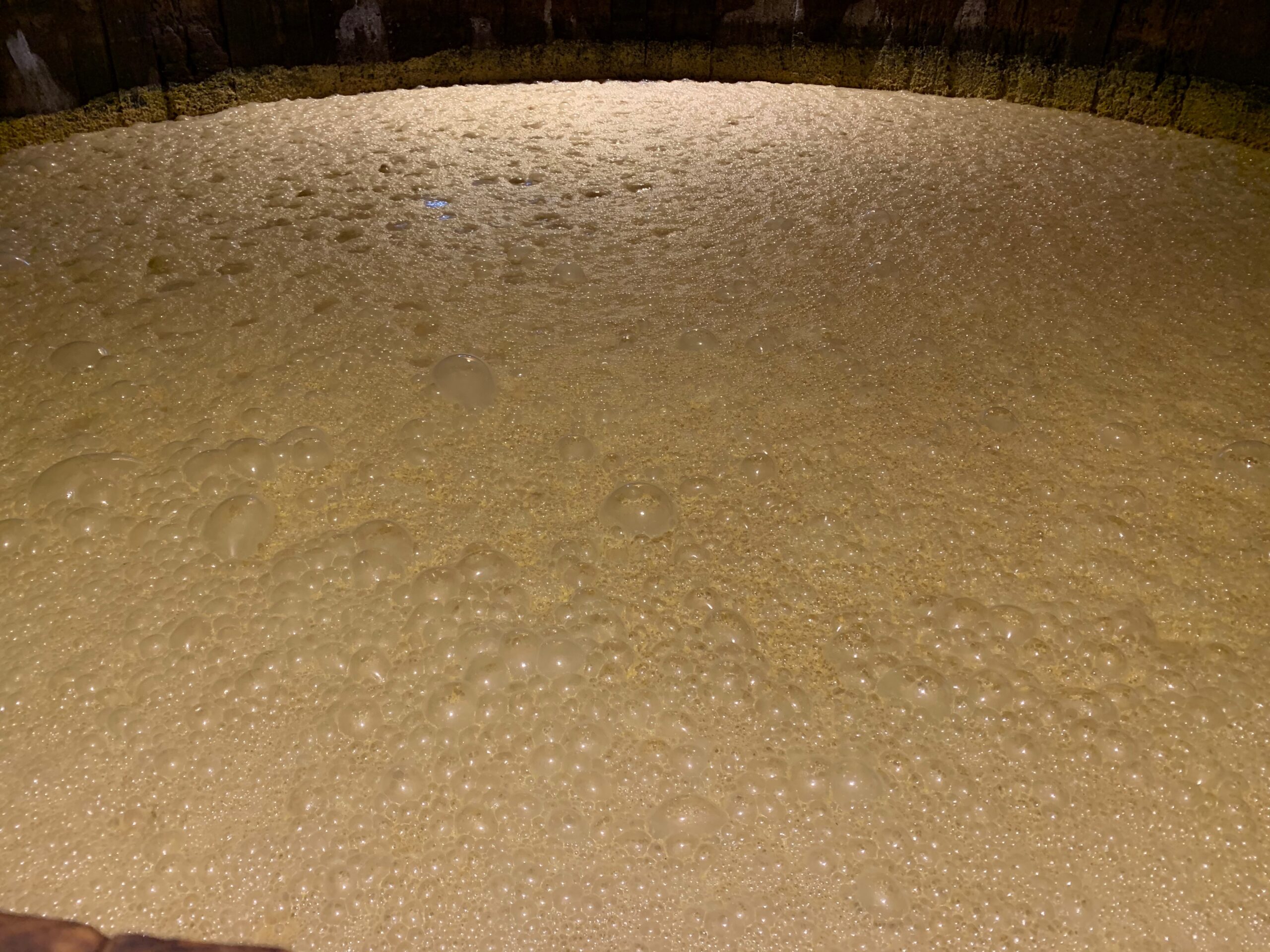What is a Mash Bill
A mash bill is the combination of grains used in the production of whiskey or bourbon. It specifies the type and percentage of grains used, such as corn, rye, wheat, and barley, and in what proportions they are used in the recipe.
The mash bill is an important factor in the flavor profile of the finished whiskey or bourbon, as each grain contributes its own unique flavors and characteristics. For example, a high percentage of corn in the mash bill can produce a sweeter, smoother flavor, while a higher percentage of rye can produce a spicier, bolder flavor.
Mash bills are often closely guarded secrets of distilleries, as they are considered to be an important factor in differentiating their products from those of other distilleries.
The mashbill of a whiskey refers to the combination of grains used in the production of whiskey. The exact composition of the mash bill can vary widely depending on the specific type of whiskey being produced and the preferences of the distiller.
For example, bourbon is required by law to have a mash bill that is at least 51% corn, with the remainder being made up of other grains such as rye, wheat, or barley. Rye whiskey, on the other hand, must have a mash bill that is at least 51% rye, while malt whiskey must be made with at least 51% malted barley.
The specific combination of grains used in a mash bill can have a significant impact on the flavor profile of the finished whiskey. For example, a higher percentage of corn in a bourbon mashbill can result in a sweeter, smoother flavor, while a higher percentage of rye can produce a spicier, more complex flavor. Distillers may also use different strains of grains, or vary the percentages of different grains in the mash bill, to achieve a specific flavor profile or to differentiate their product from others on the market.
For more information on The Bourbon Road follow us on Facebook, Instagram, YouTube and TikTok. You can also SUBSCRIBE to our podcast to listen to all of our episodes on YouTube, Apple Podcasts, Spotify, Google Podcasts and more.
Cheers!
Brian



Leave A Comment
You must be logged in to post a comment.